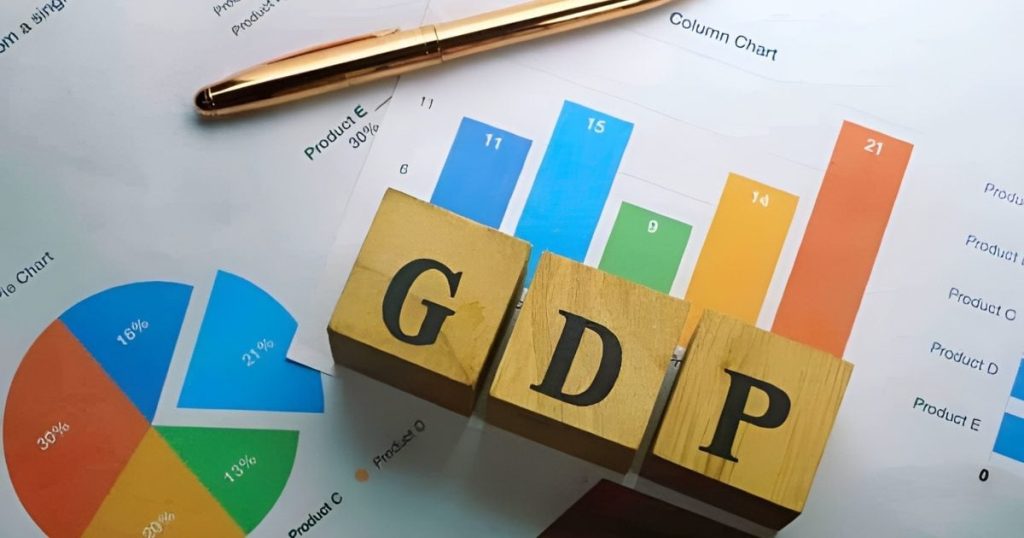Nigeria’s economic performance in the second quarter of 2025 showcased a notable acceleration, with the Gross Domestic Product (GDP) expanding by 4.23% year-on-year. This growth represents a significant improvement compared to the 3.48% recorded in the second quarter of 2024 and the 3.13% observed in the first quarter of 2025. The National Bureau of Statistics, in its Q2 2025 GDP Report, highlighted the key drivers of this growth, revealing a diverse range of contributing sectors that underscore the evolving nature of the Nigerian economy. The data indicates a continued shift towards non-oil sectors, although agriculture and oil still play substantial roles. This analysis will delve deeper into the contributions of the top 10 sectors, providing a comprehensive overview of the forces shaping Nigeria’s economic landscape.
The agricultural sector, a traditional cornerstone of the Nigerian economy, maintained a significant presence, accounting for 26.17% of the real GDP. Within agriculture, crop production emerged as the dominant sub-activity, contributing 17.80% to the overall GDP, solidifying its position as the second-largest contributor overall. Livestock, another crucial component of the agricultural sector, contributed 5.90%, further emphasizing the importance of agricultural activities in driving economic growth. This robust performance in agriculture, while positive, also highlights the need for diversification and continued investment in other sectors to achieve more balanced and sustainable economic development.
The non-oil sectors demonstrated their increasing influence on the Nigerian economy, with trade leading the charge. Contributing 18.28% to the real GDP, trade, encompassing both wholesale and retail activities, held its position as the single largest contributor to the economy in Q2 2025. This underscores the vibrancy of the domestic market and the important role of trade in facilitating economic activity. The real estate sector also maintained its strong performance, contributing 12.80% to the GDP, reflecting ongoing demand for housing and commercial properties, despite potential challenges in the broader economic environment.
The telecommunications and information services sector, a key driver of modern economies, continued its impressive trajectory, contributing 11.18% to the real GDP. This sector, encompassing telecommunications, information technology, and related services, emerged as a major non-oil engine of growth, reflecting the increasing penetration of mobile technology and internet access across Nigeria. This growth highlights the transformative potential of the digital economy and its ability to drive innovation and create new opportunities. The construction sector also made a substantial contribution, adding 3.60% to the GDP, driven by ongoing infrastructure projects and building activities. This investment in infrastructure is crucial for supporting long-term economic growth by improving connectivity, facilitating trade, and creating employment opportunities.
The manufacturing sector, although less dominant than trade or real estate, demonstrated resilience with the food, beverage, and tobacco sub-sector contributing 2.87% to the GDP. This highlights the importance of meeting domestic demand for essential consumer goods and the potential for growth in the manufacturing sector through value addition and import substitution. The financial institutions sector, comprising banks and related financial services, also played a significant role, contributing 2.84% to the GDP. This contribution reflects the increasing sophistication of the financial sector and its role in channeling investment and supporting economic activity.
Finally, public administration, representing government activities, rounded out the top ten contributors with a 2.73% input to the GDP. This contribution reflects the government’s role in providing essential services, regulating the economy, and implementing policies aimed at fostering economic growth and development. The oil sector, while still impactful, experienced a resurgence in Q2 2025, contributing 4.05% to the real GDP. This improvement represents a recovery from previous periods and underscores the continued importance of oil revenues for the Nigerian economy, despite efforts to diversify away from dependence on oil. This diverse range of contributions underscores the increasing complexity and dynamism of the Nigerian economy, moving towards greater diversification while still relying on traditional sectors like agriculture and oil. Further analysis and policy interventions are crucial to ensure sustainable and inclusive growth that benefits all segments of the population.














